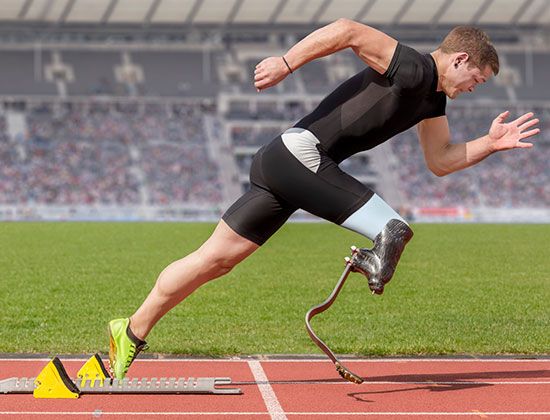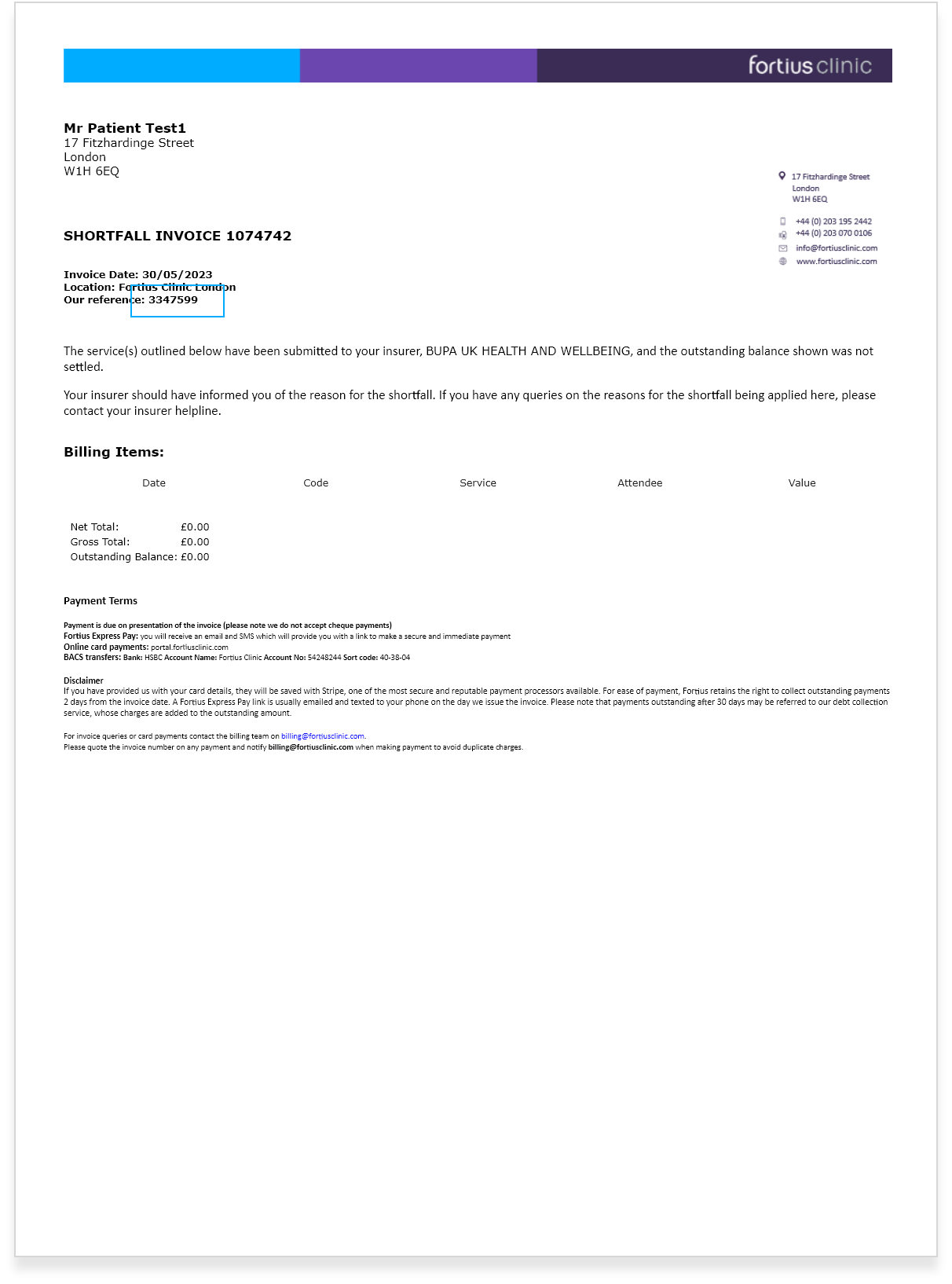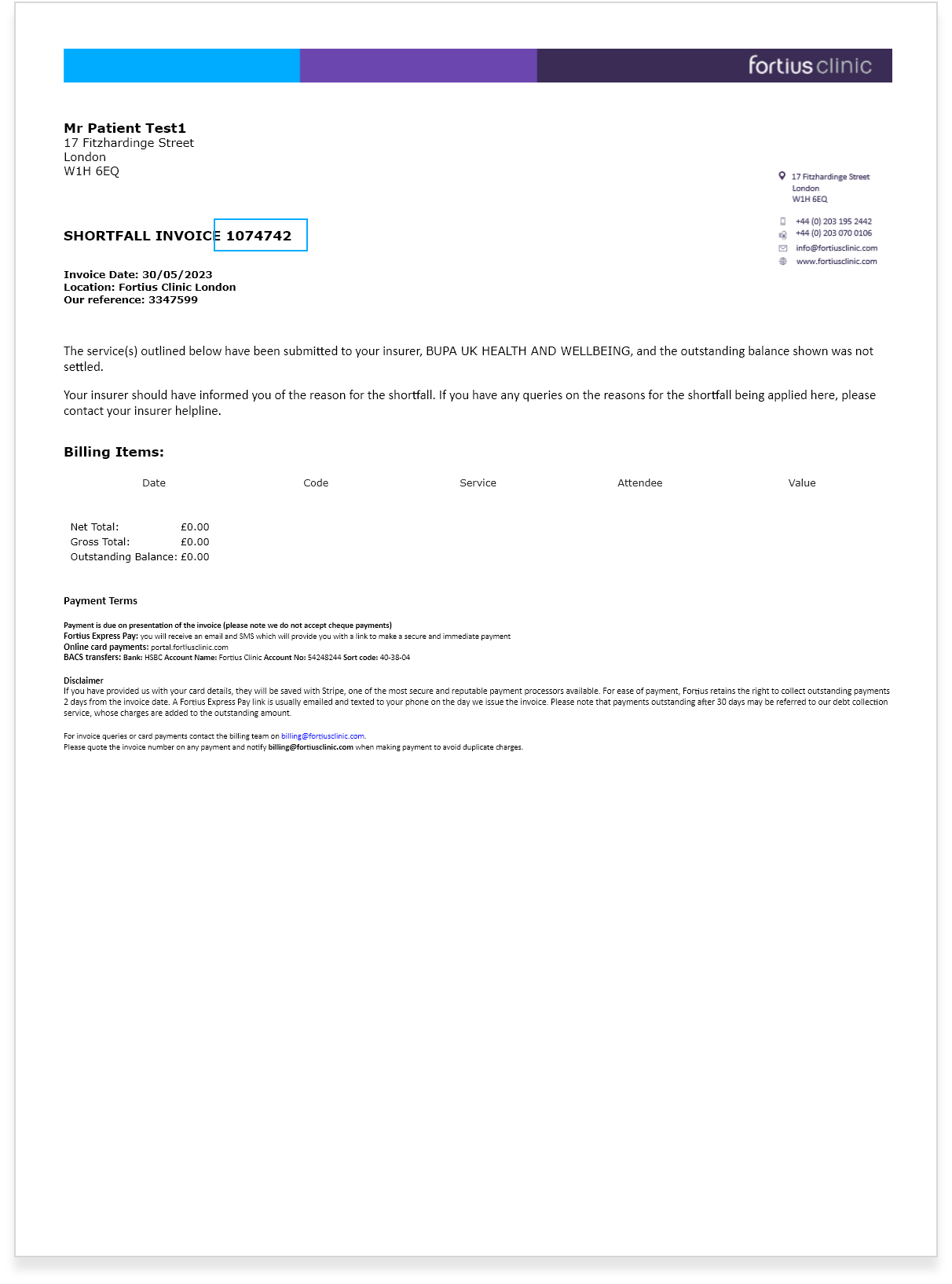Road to Rio: the unique challenges of the Paralympics
15 June 2018
As Rio fast approaches, our athletes are ramping up their training to make sure that they are well-prepared and in the best shape possible. Competing at such a high level increases the risk of incurring injury, either in training or competition, but what are the extra challenges that are facing our Paralympic athletes?
From the first disability competition, known as the Stoke Mandeville Games which took place at the London Olympic Games in 1948, to the most recent Games held in our capital city, the number of participants has risen from just 16 to over 4,000 and the variety of sports and types of impairment have also grown rapidly.
Studies into the degree and type of sports injury incurred at the Paralympic Games have been sparse, but after the 2012 games a large scaled review of previous data was published. The authors called for further study to identify injury patterns and risk factors to help develop injury prevention strategy.
Dr Richard Weiler Consultant Physician in Sport & Exercise Medicine, is the Medical Lead for disability football at the FA and medical lead for the Paralympics GB holding camp in Brazil. He describes his role as ‘extreme sports medicine’ and agrees with the need for further research.
"There isn't much research into disability sport so you have to use all your knowledge and common sense to try to resolve injuries. It can be a real challenge," he commented.
To meet that challenge, Dr Weiler, alongside Dr Osman Ahmed, founded the FA Centre for Disability Football Research in 2014. He has also contributed a module on disability football to the FIFA football diploma course.
Dr Weiler's 2016 paper concluded that there is an urgent need for consensus on sports injury definition and epidemiological research methodology in disability sports, in order to allow for the development of effective injury prevention strategies.
Unique challenges
Over 4,000 athletes will appear at the Rio’s Paralympic Games in September, covering six disability categories including those with spinal cord injuries or visual impairment.
Any disabled athlete has to overcome or account for their disability to be able to compete. Visually-impaired or blind footballers have to incorporate hearing into the way they play. The balls contain ball bearings so the players can hear it while it is moving and players tend to flex their head more to listen to the ball, altering their gait.
One of the disability categories covers athletes suffering from non-progressive brain damage, such as cerebral palsy, stroke or brain injury, which affects the athlete’s muscle control, coordination and balance.
As well as injuries that can be incurred through competition, the medical teams looking after Paralympic athletes also have to take into account their disability. Physiotherapists and massage therapists may be required to reduce muscle tightness or doctors may have to treat skin breakdown around amputations.
Technological advances have an impact as well; the development of incredibly light, high-tensile strength materials and improved design in prostheses and wheelchairs has drastically altered both performance and the level of injury risk.
The impact of injury
In an article on injury prevention in disability sport, published in the British Journal of Sports Medicine, Dr Weiler and fellow authors point out that although injury prevention is the goal for all athletes, it is particularly important for those with a disability due to its potential impact on normal, everyday life. For an athlete who has a lower limb amputation, an ACL tear can have major consequences.
Much of current injury prevention research has been aimed at able-bodied competitors and although some generic rules can be applied, Dr Weiler et al conclude that more research is needed to evaluate the additional challenges that disabled athletes face.
Dr Weiler is the senior Physician at the BOA and also with Paraympics GB. He works with the medical team at the intensive rehabilitation unit, supporting Olympic (all sports) and Paralympic athletes, helping them to reach medal winning form.


